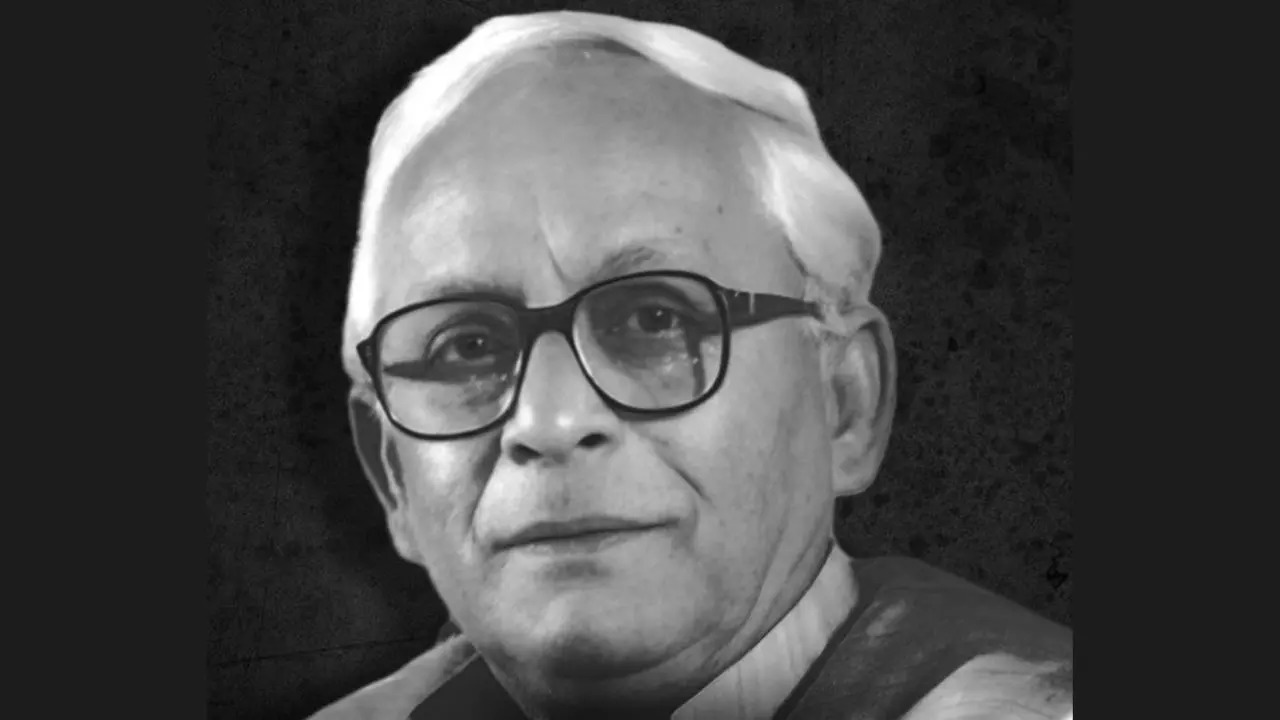Contents
Former West Bengal Chief Minister Budhadev Bhattacharya was suffering from which COPD?
Former West Bengal Chief Minister Buddhadeb Bhattacharya died at his residence in Kolkata on Thursday morning at the age of 80. Bhattacharya had been suffering from respiratory problems for several years. He had chronic obstructive pulmonary disease. Chronic obstructive pulmonary disease or COPD is a condition in which there is persistent inflammation in the lungs. Read on to know more about this condition.

Former West Bengal Chief Minister Buddhadeb Bhattacharya (Image Courtesy: X/CPI(M) West Bengal)
Former Chief Minister of West Bengal Budhadev Bhattacharya passed away on Thursday morning. The 80-year-old veteran Left leader died at his residence in Kolkata. He is survived by his wife Mira Bhattacharya and son Suchetan Bhattacharya. Last year, the former West Bengal chief minister had contracted pneumonia and had to be put on life support, however, he recovered.
Bhattacharya was the chief minister of West Bengal from 2002 to 2011, succeeding CPI(M) leader Jyoti Basu. He had been suffering from respiratory problems for several years. He had chronic obstructive pulmonary disease.
Chronic obstructive pulmonary disease or COPD is a condition in which there is chronic inflammation in the lungs. It obstructs airflow to the lungs and is caused by long-term exposure to irritating gases or particulate matter, often from cigarette smoke. Long-term exposure to secondhand smoke can also cause COPD. Passive smokers have an increased risk of poor lung function and chronic respiratory symptoms. People with COPD have an increased risk of developing heart disease, lung cancer, and many other health conditions.
The two most common conditions that cause COPD are emphysema and chronic bronchitis. Chronic bronchitis is inflammation of the lining of the bronchial tubes, which carry air in and out of the lungs’ air sacs (alveoli). Emphysema, on the other hand, is a condition in which the alveoli at the end of the lungs’ smallest air passages (bronchioles) are destroyed as a result of harmful exposure to cigarette smoke and other irritating gases and particulate matter.
The Mayo Clinic says that COPD is a progressive disease that gets worse over time, however, it is treatable. Managing the condition properly can help you gain control over the symptoms which is essential to reduce the risk of exacerbations.
Symptoms of COPD
Symptoms of this condition do not appear until significant damage to the lungs has occurred. Here, take a look at some common symptoms of COPD.
- shortness of breath, especially during physical activity
- wheezing
- chest tightness
- chronic cough with mucus (sputum)
- Frequent respiratory infections
- Lack of power
- Unexpected weight loss (in the later stages)
- Swelling in the ankles, feet, or legs.
Risk Factors for COPD
Here, let’s take a look at some common risk factors for COPD.
- Tobacco smoke: One of the most important risk factors for COPD is smoking cigarettes over a long period of time. The more years you smoke, the greater your risk. Pipe smokers, cigar smokers, and marijuana smokers may also be at risk, as well as people exposed to large amounts of secondhand smoke.
- Asthma: It is a chronic inflammatory airway disease and can be a risk factor for developing COPD. The combination of asthma and smoking increases the risk of COPD.
- occupational exposure: Long-term exposure to chemical fumes, vapors, and dust at work can cause irritation and inflammation of your lungs.
- Exposure to smoke: People who are exposed to smoke from burning fuels for cooking and heating in poorly ventilated homes have a higher risk of developing COPD.
- Genetics: Some people have a rare genetic disorder called alpha-1-antitrypsin deficiency, which can cause COPD.
Get the latest news on Times Now as well as breaking news and top headlines from across health and the world.


